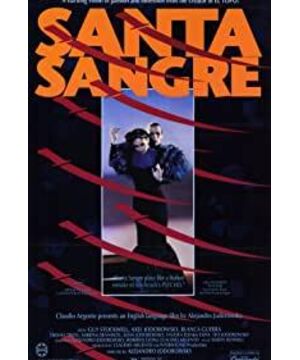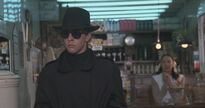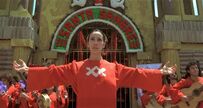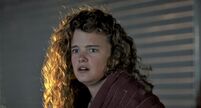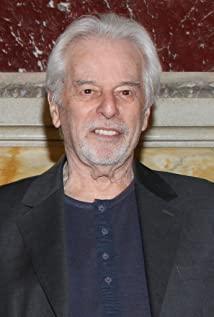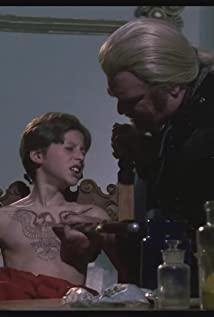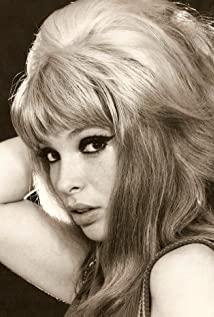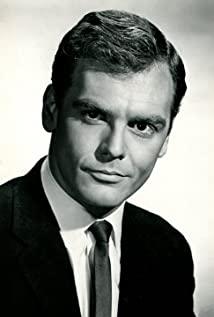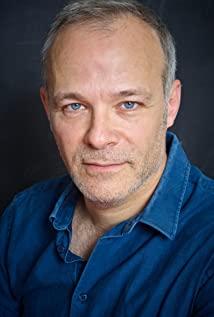The story begins in a mental hospital, when the protagonist Phoenix has grown up, he lives in a tree, sleeps in a nest, and regards himself as an eagle. Someone in the barrage asked what kind of disease it was, and wanted to say that it was a relatively rare form of schizophrenia, including hallucinations and auditory hallucinations, which are typical symptoms of schizophrenia.
Then the film begins to tell the story of Phoenix as a child. Phoenix grew up in a circus, and his father was a strong man, distressed and drunk. These features are very "tough guys." From the plot when he was young, we can see that Phoenix is a thin and gentle boy, completely different from his father. For example, he would cry for the death of an elephant. Although his father felt sad, he still rebuked him for being such a woman. Then his father tattooed him with an eagle and told him that he was already a man. This is the oppression from the patriarchy that we can see at first. He was ordered by his father to be an eagle. And after the death of his parents, he did. (The eagle is certainly not Phoenix’s ideal. When burying the girl who was killed on the wheel by him, he painted her white, and then saw that she turned into a swan. The swan may also have a white face. The portrayal of Emma in his heart is the most beautiful thing he thinks.)
The tragic death of his parents caused his schizophrenia. He was admitted to a mental hospital, imagining that he was an eagle. Later, he saw his mother and fled the mental hospital. From here on, all of Phoenix's actions were controlled by his "mother", of course, the mother only exists in his fantasy. Although this setting was only announced before the death of the girl, the careful audience should have been able to perceive that the mother was just the illusion of Phoenix. For example, when they played the piano together, the mother said, "Only roosters and swans will appear in your hallucinations." .
The mother can't tolerate his father's derailment, so she "controls" Phoenix to kill the women who tempted him, "they tainted your soul with desire." We can see Phoenix's resistance and struggle from many places. But the mother's "control" over him always surpassed his reason. Through this, we can probably understand the meaning of the elephant plot.
Elephants have repeatedly appeared in Phoenix’s memory. I personally think that this should be Phoenix’s fear of castration: the scene of blood flowing from the elephant’s nose has appeared several times, and the elephant’s trunk is similar to the male reproductive organs. I won't talk about it. Later, in a dream, Phoenix himself had kneeled on the ground naked with a nosebleed and said not to die. In Freud's theory, men are more or less fearful of castration. Phoenix was deprived of all his autonomy by his mother, which made him feel his own powerlessness. Maternal power has completely suppressed him, and he has completely become a mother's hand. He said don't die, he was not talking about an elephant, but about himself, who was slowly dying.
In addition, castration has a lot to do with the Oedipus complex, so I won’t go into it here. Phoenix's Oedipus complex is proper.
The dim childhood caused Phoenix's tragedy. He could not accept the tragic death of his parents. In the later stage, he almost actively imposed his mother's thoughts on himself, which made him feel extremely painful. But in the end he was saved, because he loved Emma deeply, which was the clearest and strongest among all the emotions of Fatty Death itself. This love made his self extremely firm, and thus defeated all other things that bound him.
At the end of the film, Phoenix happily repeated "My hand, my hand". After half a life of painful struggle, he finally saw himself. From this point of view, the screenwriter is not so cruel, this film is not a tragedy ending, it liberated Phoenix, and also let us see a little inexplicable hope.
View more about Santa Sangre reviews


